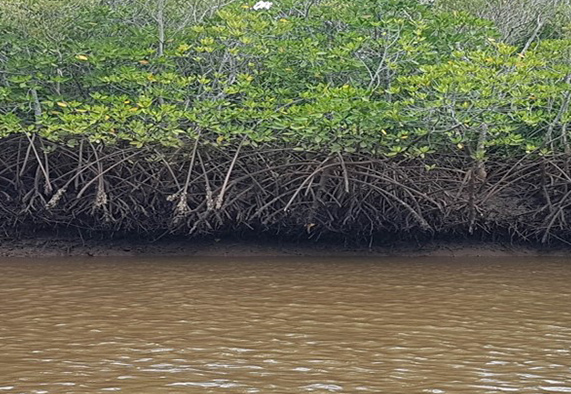Introduction
Mangroves provide goods and services that are of ecological and economic value. Still, in 2010 the Kenyan coastal strips only had 450 km² of mangroves left. Mangrove loss occurs yearly due to different factors broadly categorised under anthropogenic and natural factors. Sea level rise (SLR) is among the expected direct natural causes of mangrove losses as a result of climate change. However, mangroves can keep pace with SLR and survive through expansion (landward movement) and colonization of new and higher grounds influenced by sedimentation. Therefore, quantifying sediment accumulation rates within mangrove habitats and comparing with reported SLR rates is vital.
The VanGrove project is hinged on an ongoing project collecting data to inform the setting up of a proposed transboundary conservation area (TBCA) between Kenya and Tanzania seeking to conserve, and better manage transboundary natural resources. The mangroves of Vanga are located in the same area. The main objective is to investigate the influence of the Umba catchment on sediment dynamics in the tropical transboundary mangrove forests of Vanga.
Methodology
Sediments and water samples are collected along the transboundary Umba River. The samples will be analysed for C and N stable isotopes, trace elements and mineralogy to determine the source of sediments to the transboundary mangroves of Vanga. Additionally, sediment cores will be taken and lead-210 activity will be measured to model historical sedimentation rates.
Expected Output
Understand the sediment sources and dynamics to predict the reaction of the transboundary mangroves of Vanga, Kenya and Tanga, Tanzania to sea level change.
Project Partners |
|---|
|
Kenya Marine and Fisheries research Institute (KMFRI) Vrije Universiteit Brussels (VUB) |





